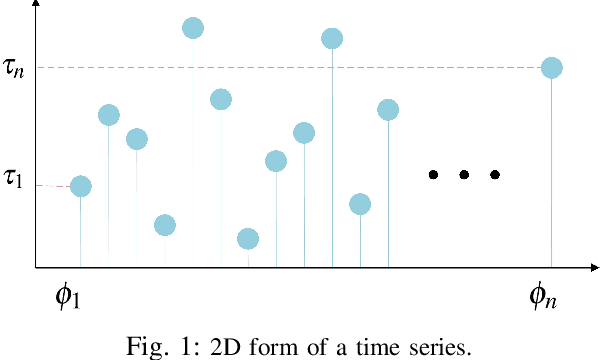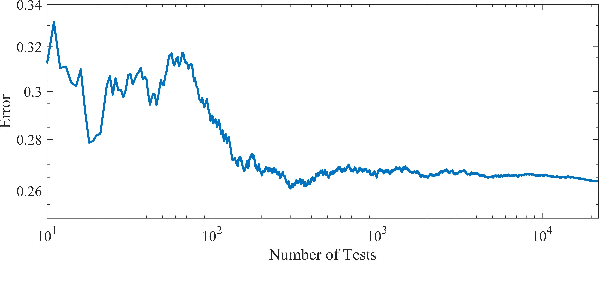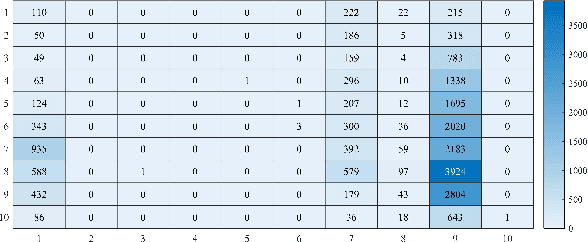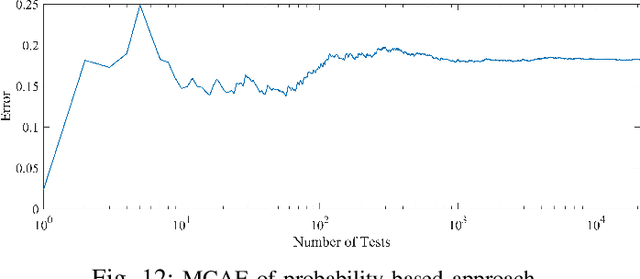Deep Image: A precious image based deep learning method for online malware detection in IoT Environment
Paper and Code
Apr 04, 2022



The volume of malware and the number of attacks in IoT devices are rising everyday, which encourages security professionals to continually enhance their malware analysis tools. Researchers in the field of cyber security have extensively explored the usage of sophisticated analytics and the efficiency of malware detection. With the introduction of new malware kinds and attack routes, security experts confront considerable challenges in developing efficient malware detection and analysis solutions. In this paper, a different view of malware analysis is considered and the risk level of each sample feature is computed, and based on that the risk level of that sample is calculated. In this way, a criterion is introduced that is used together with accuracy and FPR criteria for malware analysis in IoT environment. In this paper, three malware detection methods based on visualization techniques called the clustering approach, the probabilistic approach, and the deep learning approach are proposed. Then, in addition to the usual machine learning criteria namely accuracy and FPR, a proposed criterion based on the risk of samples has also been used for comparison, with the results showing that the deep learning approach performed better in detecting malware
 Add to Chrome
Add to Chrome Add to Firefox
Add to Firefox Add to Edge
Add to Edge